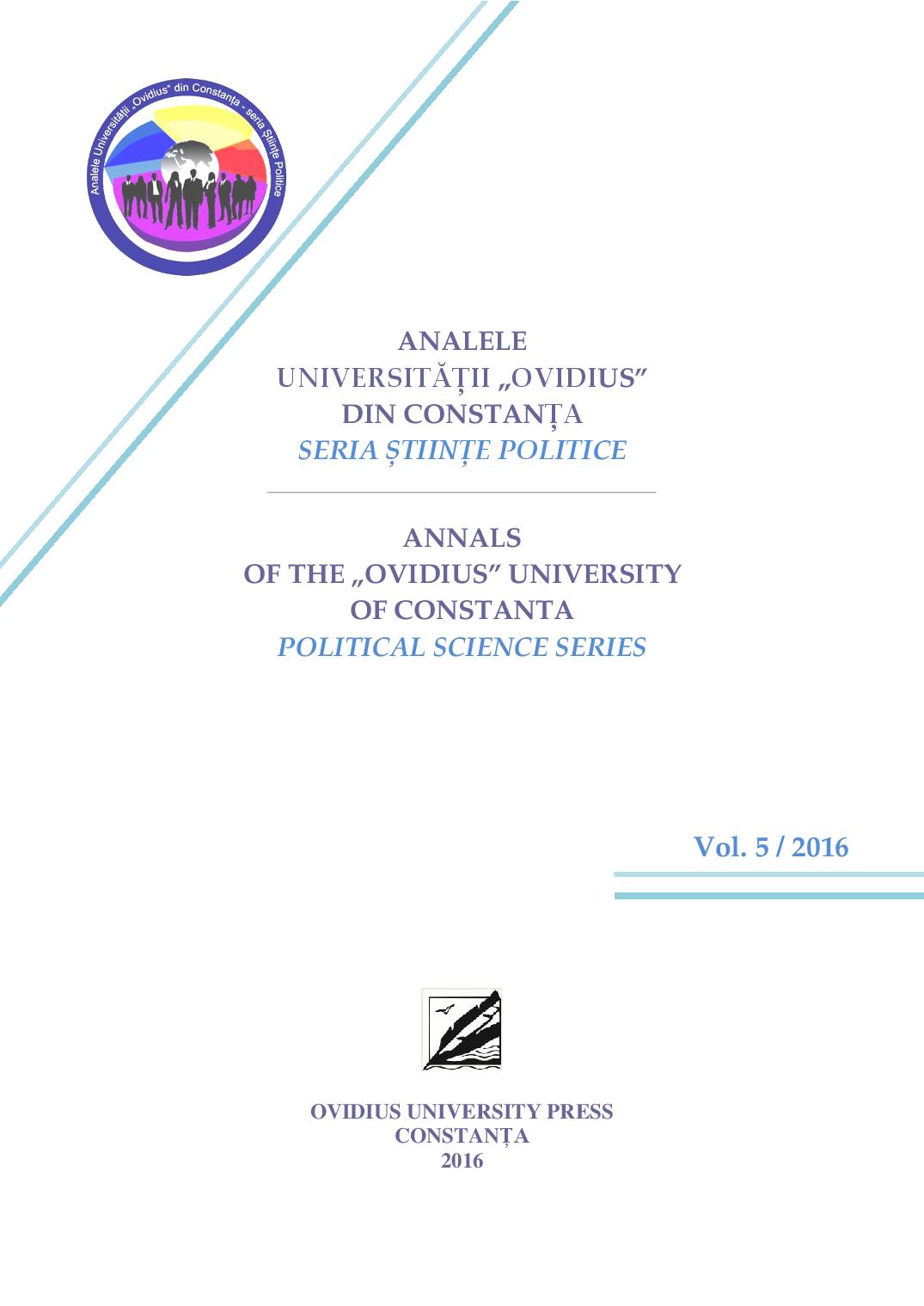The Great Powers after the End of the Cold War. Russia in the First Decade of the XXIst Century
The Great Powers after the End of the Cold War. Russia in the First Decade of the XXIst Century
Author(s): Raluca-Iulia IulianSubject(s): Politics / Political Sciences, Politics, Political Sciences, Governance, Geopolitics
Published by: Ovidius University Press
Keywords: Cold War; great power; historical traditions; reforms; Russia’s resurgence
Summary/Abstract: After the end of the Cold War and the disintegration of the Soviet Union in December 1999, the Russian Federation became its successor at the international level. In the last decade of the XXth century, Russia experienced a transition process that did not deliver the expected results, and, consequently, entered a deep economic crisis that lasted almost all of the 1990s, starting to show signs of recovery only after 1999. Russia expressed its desire to become strong, to develop a democratic state, and a market economy. This was done in its specific way, according to its historical traditions. After 2000, President Putin and his staff implemented reforms leading to recovery and growth in three main areas: economy, military, and politics. This led to Russia’s resurgence at the international level. The main economic reforms were: a significant expansion of public property, economic reorganization, controlled promotion of Russia in the global economy, etc. With regard to the military, Russia considered that the main priority was to permanently develop its traditional military potential and, particularly, its nuclear potential. From a political point of view, Russia considered that the status of great power is very important for its independence and security, for its European and global influence; while internally, Russia created a strong state (gosudarstvennost).
Journal: Annals of the Ovidius University of Constanta - Political Science Series
- Issue Year: 5/2016
- Issue No: 1
- Page Range: 41-56
- Page Count: 16
- Language: English

